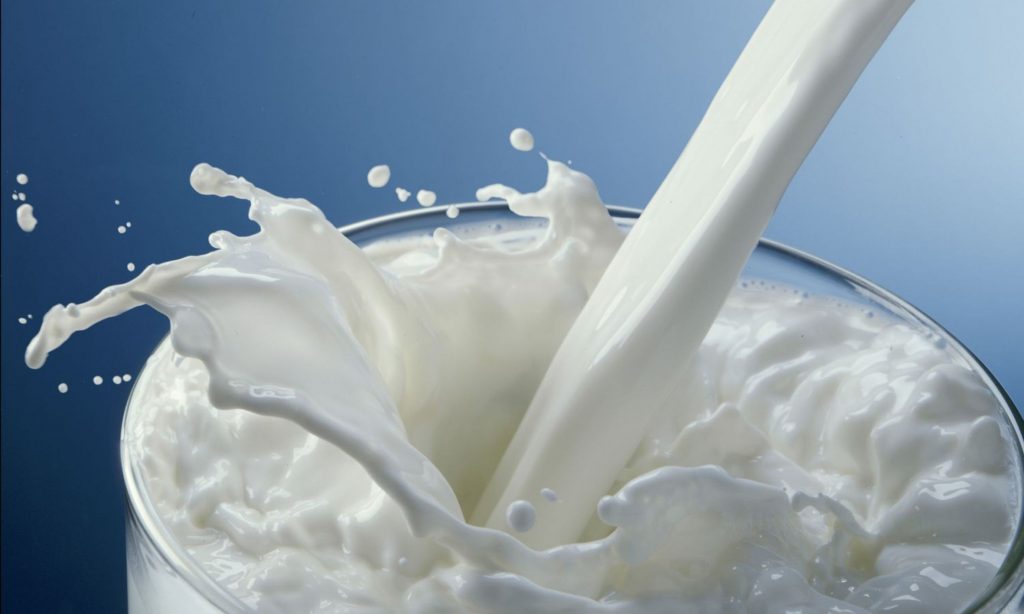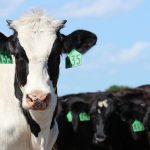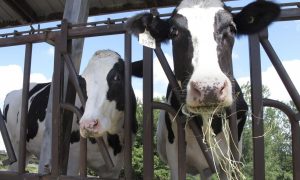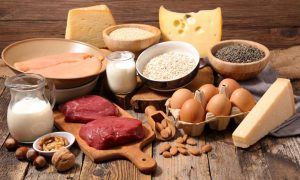
As chair of House Agriculture (16 years) and Senate Agriculture (2013-present) Starr has pushed hard for a long series of schemes to transfer money from families who buy dairy products to people who produce them.
In 1990 Starr and his counsel Dan Smith hatched the Northeast Interstate Dairy Compact. This was a multistate government cartel to force dairy handlers to pay farmers above-market prices for their milk (and as always, pass the cost on to consumers, at the rate of 12 cents per gallon). In 1996 Congress approved this regional government for milk, but it expired in 2001.
In 2008 Starr and Smith presented to the Milk Commission a draft order levying a 38-50 cents per gallon tax on milk handlers. The tax would of course increase the cost of milk to supermarkets, general stores and convenience stores. The proceeds would be handed out to every dairy farm in Vermont. The majority of the nine-member Commission was not willing to go along. Nor were the dairy cooperatives and Farm Bureau.
Then Smith came up with a solution to a major problem: the passthrough of higher milk prices to consumers. Let’s couple the milk tax on handlers with price controls on grocers! That way the farmers would enjoy higher prices, government would confiscate the “surplus profit premium” enjoyed by the handlers, and consumers wouldn’t pay more. Brilliant! The Commission wouldn’t buy that either.
The following year Starr and then-Sen. Peter Shumlin, who was running for Governor, introduced a bill that – strangely — offered no benefit to farmers at all. It authorized the Legislature to impose milk price controls on the retailers. This bill, Shumlin said, “takes a step toward addressing the economic pain that Vermonters are facing.”
The Starr/Shumlin price control bill was eventually passed, but gone were its price control provisions. Instead, the bill authorized the unaccountable Milk Commission to levy a hidden milk tax on families with young children and distribute the proceeds to members of Bobby Starr’s special interest group. Once again the Commission declined to take the bait.
In 2021 Gov. Phil Scott created a Commission on the Future of Vermont Agriculture. Its report included a number of useful recommendations to bolster the dairy industry – but nothing related to Starr and Smith’s yearned-for dairy pricing program. So they hatched and co-chaired their own “Task Force to Revitalize the Vermont Dairy Industry.”
The Task Force’s 20-page bill declares that under the present federal milk market order “the dairy industry of the State is imperiled, which is a menace to the health, welfare and reasonable comfort of the inhabitants of the State.”
The bill promises “to clarify the discretionary authority of the Milk Commission to set an equitable minimum price that milk handlers must pay to milk producers for milk processed and manufactured within the state.” The minimum price must “provide for a reasonable economic return to dairy producers”, among whom, let it be noted, the costs of production vary widely.
The bulk of /the draft bill spells out the procedures the Commission must follow to collect the required over-order premiums from the handlers, who of course will add the cost to the price of the milk they sell to retailers that is then marked up to their customers. The over-order price must of course not create an incentive for Vermont’s 583 surviving producers to produce more milk.
Any sale of milk from another state at a price less than the Vermont- regulated minimum price is declared unlawful. Any handler who deals in discount-priced milk will pay an “administrative penalty” of $10,000 for each violation and not to exceed $50,000 per day for multiple violations.
So there it is. The Commission is authorized to declare what above-market price the handlers must pay to producers – a hidden tax on milk. The price increase will eventually be charged to consumers, and anybody offering milk for less will be hammered with “administrative penalties.” This is nothing less than a price control takeover of the Vermont dairy industry.
For over 30 years the same promoters have urged the government to force other people to give the dairy industry more money for their product. If they finally succeed, their milk tax and price controls will make dairy farming into a public utility, with dairy production, pricing, and farm income controlled by the government. It will all be paid for by jacking up the prices of dairy products paid by families who won’t ever catch on.
Meanwhile, the Legislature is passing the mislabeled “Affordable Heating Act” based on the same hidden tax method – a heating oil price increase paid by fuel consumers who won’t ever catch on.





















